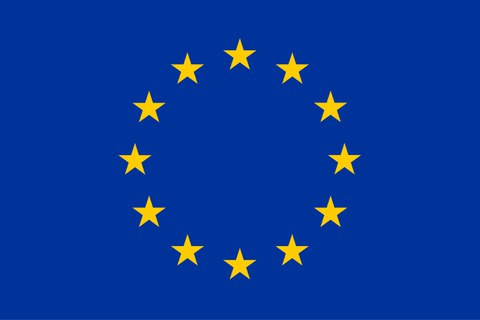Jun 29, 2021
Project start: ONEforest (Horizon 2020)

ONEforest
ONEforest: A Multi-criteria decision support system for a common forest management to strengthen forest resilience, harmonise stakeholder interests and ensure sustainable wood flows.
The chair of Business Management, especially Industrial Management is pleased to start work on the EU project ONEforest in June. Together with 18 project partners from eight countries, the chair will be involved in conducting research for a project duration of three years. Funding for the overall project of around €5.2 million is provided by the European research program Horizon 2020.
The project aims to develop a multi-criteria decision support system that will enable different stakeholders in forestry to make long-term strategic decisions according to individual objectives. Forest owners will be able to assess which way of forest management is advantageous under current and future ecological and economic conditions. The Chair of Industrial Management is particularly responsible for the development of the problem-specific mathematical model and the development of a solution algorithm for the multi-criteria decision problem. At the end of the project duration, a prototype of the decision support system is going to be made available as an executable file to decision makers from practice.
Abstract
ONEforest supports the deployment of regional forest management concepts that strengthen forest resilience and sustainable wood supply levering wood-based products. This is achieved by empowering actors to understand the far-reaching consequences of their decisions in a multi-criteria decision-making environment. ONEforest will provide successful solutions for reconciling the provision of various Forest Ecosystem Services, such as the carbon storage potential in environmentally friendly forest-wood value chains based on stakeholder interests in order to provide optimised management solutions.
Objectives
Forest ecosystems cover 42 % of the European Union’s total land area and strong efforts have been made to facilitate an increase of multiple forest ecosystem services to form robust forest stands. However, all ecosystems recently have been hit by rapidly changing climatic conditions, e.g. long lasting droughts, heavy rain events, frequent and intensive storms, pests and forest fires. To address this within future silviculture management concepts, forest operations and wood supply, all stakeholders along the Forest Wood Value Chain will need to form a common idea of future forest management, while none of them can increase its benefit without harming another one.
Therefore, four Case Studies Regions will be established, following Europe’s biogeographical regions, to study climate-resilient silvicultural management practices and new methods of seeding and planting by the application of an own engineered topsoil cover based on wood fibres. Corresponding forest operations and concepts of actions in case of disturbances will be developed under selected sustainability criteria. Stakeholders will be activated in the participative process of socio-economic studies. The information will be consolidated in Dynamic Value Chain Model to assess the impact of the Forest-Wood Value Chain on regional development quantified by a set of economic, environmental and social indicators. The newly developed Multi-Criteria Decision Support System visualises decision-making by comparing Sustainable Forest Management, synergies and trade-offs of Forest Ecosystems, reliable wood supply, and stakeholder interests through FWVC indicators of social, economic, and environmental dimensions, by applying methods of Goal Programming. The easy-to-use software application will be available for Forest-Wood Value Chain stakeholders globally. All ONEforest results will be implemented in new Model Forests, being part of the International Model Forest Network for regional adapted forest management concept.
Duration
06/2021 - 05/2024
Involved Persons

EU flag
This project has received funding from the European Union’s Horizon 2020 research and innovation programme under grant agreement No 101000406.